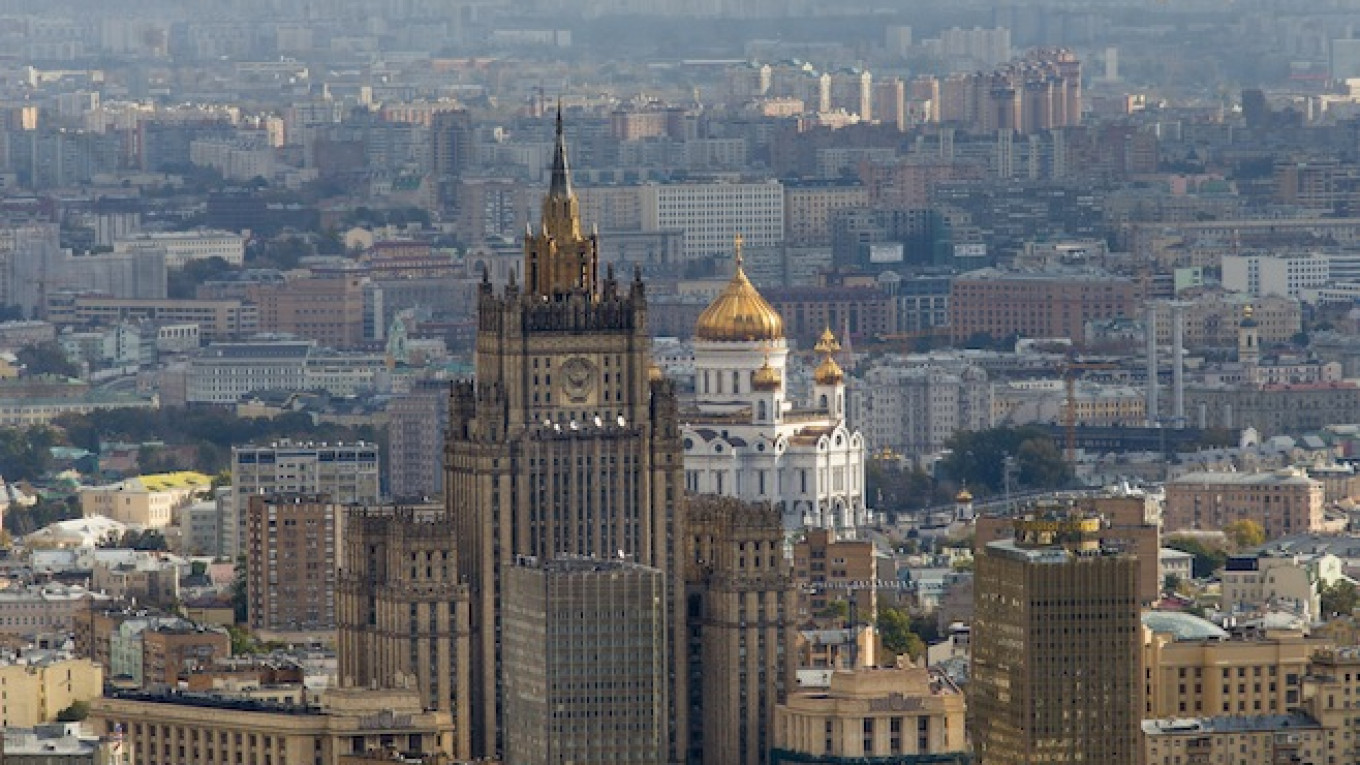The Russian Defense Ministry has confirmed Jeff Shell, the head of U.S. broadcasting agency NBC Universal, had been denied entry into Russia, the ministry said in an online statement Wednesday evening.
The New York Times had reported earlier that Shell had been denied entry into Russia.
Shell had traveled to Russia on a business trip, but was detained at the airport for several hours. He was then escorted onto a flight to Amsterdam after being forced to sign a document stating he was barred from entering Russia.
“The reason that Shell was recently included on the 'blacklist' is that the Russian side has repeatedly stated that it is enlarging the list in response to Washington's far-fetched reasons for visa sanctions against Russian citizens” the official ministry statement said.
The ministry called Shell an organizer of “wide-ranging, lying anti-Russian propaganda, financed by the American government.”
As well as heading NBC Universal's motion picture unit, Shell also serves as the chairman of the Broadcasting Board of Governors, a U.S. governmental agency which supervises the Voice of America and Radio Free Europe media outlets.
According to the Russian Defense Ministry statement, such radio stations relay U.S. propaganda.
This follows several diplomatic disputes between Russia and the United States, including an incident in which a U.S. diplomat was attacked outside the U.S. Embassy in Moscow by a man from Russia's security services.
The United States deported two Russian officials following the incident, to which Russia retaliated by expelling two U.S. diplomats. Foreign Ministry spokeswoman Maria Zakharova called the decision by Washington an “unfriendly move,” and saying the altercation was falsified.
A Message from The Moscow Times:
Dear readers,
We are facing unprecedented challenges. Russia's Prosecutor General's Office has designated The Moscow Times as an "undesirable" organization, criminalizing our work and putting our staff at risk of prosecution. This follows our earlier unjust labeling as a "foreign agent."
These actions are direct attempts to silence independent journalism in Russia. The authorities claim our work "discredits the decisions of the Russian leadership." We see things differently: we strive to provide accurate, unbiased reporting on Russia.
We, the journalists of The Moscow Times, refuse to be silenced. But to continue our work, we need your help.
Your support, no matter how small, makes a world of difference. If you can, please support us monthly starting from just $2. It's quick to set up, and every contribution makes a significant impact.
By supporting The Moscow Times, you're defending open, independent journalism in the face of repression. Thank you for standing with us.
Remind me later.


